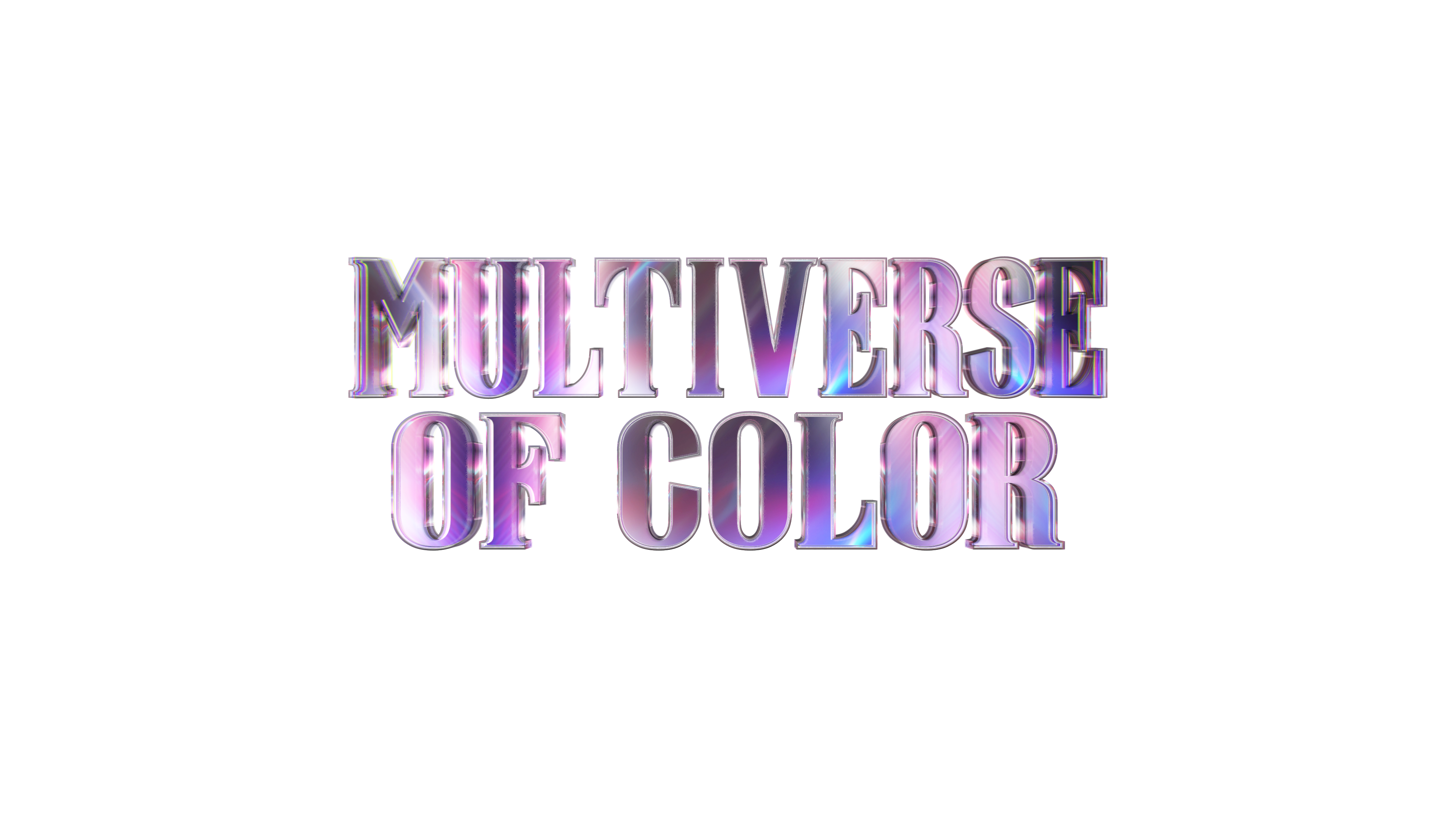When Chadwick Boseman was announced as T’Challa AKA Black Panther in the Fall of 2014, many reacted with rapturous excitement. Before the announcement, rumors hit the internet every couple days until Marvel finally let the cat out the bag: Black Panther would make his debut in Captain America: Civil War and then have a film of his own.
Following his scene stealing turn in Civil War, audiences were hungry for Boseman’s solo film. #BlackPantherSoLit became a trending topic with discussions of representation, outfit choices for release weekend, casting possibilities, inside jokes and more.
Fast forward nearly two years later, the movie has broken numerous records before release and box estimates continue to climb high and higher. Let’s get this out the way: Black Panther is a success on every level. It gives new meaning to what a superhero movie can be like The Dark Knight and Winter Soldier before it. This review will remain spoiler free so you can have the joy of experiencing the film as fresh as possible. So while it looks like I’m glossing over details, that’s not the goal here. Trust me, you’ll be better off for it.
Don’t go into the theater expecting another popcorn, easily digestible superhero film: that’s what it is on the surface. Writer/Director Ryan Coogler and co-writer Joe Robert Cole imbue the film with themes of identity, race relations, oppression, family, politics, father/son relationships, and more. Take that and Coogler’s penchant for character development and you’re looking the best Marvel film to date.
The first mega-budget film of its kind to boast a black director and a cast of some of the best black actors around, Coogler gives everyone a chance to shine in the spotlight. Boseman steps up his game from his appearance in Civil War, showing how it can be hard to step into the role of King while dealing with issues coming from within and outside Wakanda. If you thought he was great as James Brown or Jackie Robinson, wait until you see him here.
The women of this film make you cheer for them at every turn and immediately evoke the feeling of watching Wonder Woman last year. What Panther does for black representation, it also does for female empowerment. Letitia Wright is a revelation as Shuri: effortlessly switching from comedy to scenes requiring immeasurable solace and sadness and nailing some of the best lines of the film. Yes, Shuri is smarter than Tony Stark: get used to it.

Danai Gurira’s Okoye leads the Dora Milaje with pride, love, and a badassery that would make any man back off immediately. Women are warriors and she doesn’t let you forget it. Rather than sit back, she jumps into action and you can’t help but want to see more of her. While I wish Angela Bassett had more scenes in the film, she makes every scene resonate with grace, power, and provides the film with a grounded moral center. Last but not least, Lupita Nyong’o is great as Nakia: Wakandan spy and T’Challa’s ex. She fights fiercely, is loyal to Wakanda and herself. Nakia challenges the norm of what it means to be a “love interest,” meaning she doesn’t stand on the sideline, she’s active as much as T’Challa and Okoye are, which you’ll love.

The rest of the cast make every moment they have memorable. Forest Whitaker is great as usual (when is he not?) as Zuri, providing spiritual guidance to T’Challa. Martin Freeman and Andy Serkis shine as Everett Ross and Klaue respectively. Winston Duke is surprisingly funny yet terrifying as M’Baku, leader of the Jabari tribe. Daniel Kaluuya, fresh off his Oscar nominated turn in Get Out strongly depicts what it means to live in the grey as W’Kabi.
However, Michael B. Jordan is the standout. Jordan’s Erik Killmonger is the best MCU villain since Loki. Jordan takes what could have been a one note villain role and wraps it a cocoon of quiet rage, athletic prowess, carnage, cunning intelligence, violence and most importantly an emptiness that is instantly relatable. You’ll find yourself rooting for him in certain parts and by the time the credits roll, it’s hard to not feel sorry for him. Killmonger’s arc is beautifully handled: you can see how someone could grow up to become filled with such anger and sadness.

Throughout the film, I caught myself holding back loud gasps of shock, excitement and emotion for fear of annoying others in the audience. Tears welled up in my eyes as the credits rolled, finally knowing that I could see myself represented on film in a such a landmark way. Make no mistake: Black Panther is a cultural moment that has been long needed in our world. As a black man living today’s politically charged environment, I am so proud this film explores what it means to be black in America, African diaspora and culture.
I look forward to what it will do for black representation in and out of Hollywood. Gone, hopefully will be the adage that films with black casts don’t sell well overseas. More people of color and minorities could work in front of and behind the camera. The possibilities are endless. That’s the world I’d like to live in and see my children grow up in.
Additional Thoughts:
- Rachel Morrison’s cinematography brings Wakanda to life with a wonderful vibrance. She deserves an Oscar nomination hands down next year.
- Ruth E. Carter better get a nomination for Costume Design as well.
- “Colonizer.” This won’t mean anything until you see the movie, but this line had many in the audience cracking up.
- “Bury me in the ocean.” – WOW.
- If you don’t have Kendrick Lamar’s soundtrack, get to it. The album works as a standalone piece and also enhances your viewing of this movie.
- Only a couple more months until we see Black Panther again! Infinity War we’re ready for you.
- Wakanda. Forever.



